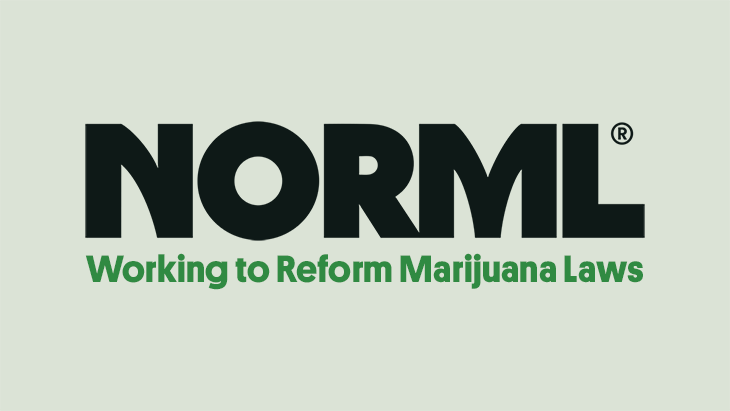Marijuana advocates called bills to change Ohio’s weed laws “a slap in the face” to voters. The National Organization for the Reform of Marijuana Laws hosted a webinar last week about two bills that are trying to change Ohio’s marijuana laws.
“Whether one believes that cannabis ought to be legal or not is almost a secondary issue,” said NORML Deputy Director Paul Armentano. “The primary issue ought to be that elections have consequences, and the results of elections should matter.”
Ohioans voted to legalize recreational marijuana in 2023 by passing a citizen-initiated law, meaning Ohio lawmakers can change the law. Marijuana sales started in August 2024 and the state’s total recreational marijuana sales were $376,482,070 as of Saturday, according to the Ohio Department of Commerce Division of Cannabis Control.
“Ohio looks like it has been rolling along very smoothly, and implementation has been going well,” said NORML Political Director Morgan Fox. “There have been no major complaints from Ohioans, and it’s premature for the legislature to try to interfere with it.”
There are bills in both chambers trying to rewrite Ohio’s marijuana laws — Senate Bill 56 and House Bill 160.
“It’s not as if this pushback is coming because there have been negative or adverse consequences of Issue Two being implemented,” Armentano said. “The law is working just fine, and Ohioans are happy with it. Lawmakers are trying to meddle with it and act as if there are issues with the law, when in fact, we’re seeing the laws playing out the way voters intended.”
These bills would be dangerous for cannabis users in Ohio, said Cat Packer, director of drug markets and legal regulation at Drug Policy Alliance.
“There are so many ways that if you are a cannabis consumer in Ohio, with either of these bills passed, you should consider that the law will consider you a criminal,” she said.
S.B. 56 would cut the number of Ohio’s home grow plants in half from 12 plants down to six, reduce the THC levels in adult-use marijuana extracts from a maximum of 90% down to a maximum of 70%, and require marijuana can only be used in a private residence.
THC potency caps are a solution in search of a problem, Armentano said.
Read more at Ohio Capital Journal







